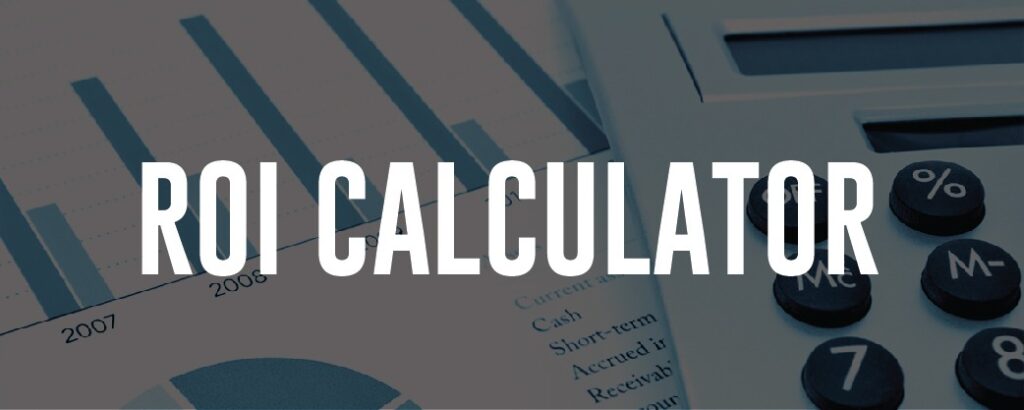Increasing Fuel Price and Electric Vehicles
After the second wave, as we slowly get moving again, households have been facing the challenge of rising budgets big time. Petrol prices are at an all-time high, crossing Rs 100/ltr mark. The hike is continuous and every day the prices shoot up. Hike in fuel prices is convincing commuters to look at cheaper options. Electric vehicles (EVs) are a strong and economical alternative that is getting haulage in the current situation. ABP reports that all EVs can run up to 300km to a full charge and not just that; they are faster and smoother too. Here is an insight into the scenario of increasing fuel price and electric vehicles in India.
Reasons for Fuel Price Hike in India
In October month only, this year, fuel prices were hiked on 24 days out of 31 days of the month. Petrol increased by Rs. 8.20/ltr and diesel by Rs 8.65/ litre. Government’s clarification is that current fuel prices are high, but the central and state government has spent over Rs 35,000 crore on vaccines in just 1 year. Since these have been difficult times, the government is saving money for the welfare schemes.
Another reason for fuel increase in India is the crude oil in the international market directly influences fuel prices in our country. The price of Brent Crude crossed $85 per barrel in the mark in October 2021, which is almost doubled from last year’s $42.5 per barrel. Indian fuel prices are high due to the high component that the central government charges i.e. 34% as Excise Duty and the state government charges that amount to about 23%. The totals of taxes go up to a staggering 57%.
Changing Scenarios of The Fuel and EV Markets:
- Many countries have already established targets to stop manufacturing petrol/diesel vehicles by 2025-2040. In India, the sale of new petrol/diesel cars will be banned from 2030.
- Recently, India’s top oil PSUs publicised to open 78,493 new petrol pumps while we already have 64,624 petrol pumps. This sudden pronouncement comes from the panic in oil companies that the demand for fuel will decline in the coming decades. So, the PSUs probably decided to increase fuel sales significantly.
- Off-late, many electric vehicles have become available in the market, which includes four-wheelers and 3/2 wheelers too.
- As of now, electric vehicles’ sales are only about 7.2 % of total vehicle sales. This is expected to rise to 40% by 2030, and by 2040 every new car will be electric in the world. (Reported by ‘The Arunachal Times’)
- India is a very large crude oil importer and India’s transport sector alone consumes 60% of its total oil consumption. The use of fossil fuels is also an important cause of deteriorating environments. The last decade has been the hottest and the world is experiencing super cyclones, heat waves, cold waves, floods, landslides, etc. The use of electric vehicles will reduce greenhouse gases by 50 percent and help save the earth’s environment.
- Oil would be required in the future too for running industries, power generation, running ships, and airplanes. But the reduction of usage will contribute to a cleaner, fresher earth.

Pros and Cons of Electric Vehicles (EVs)
Going Electric is one powerful approach to escape from the increasing fuel prices and global warming issues. At this juncture, it is important to understand how usable an EV is to your daily transportation needs. It may not be an easy solution but let us explore a bit more about EVs in terms of their pros and cons.
Pros of Electric Vehicles (EVs):
- You get a special green number plate for your EV.
- Your stopovers to the fuel pumps will go kaput and the drives will be easier, silent, and will have a refinement that no petrol car can match.
- EVs are faster and smoother, and the cost per km is much lower compared to a petrol car. It consumes lesser electricity in money terms.
- It has fewer components and therefore a lesser maintenance cost
- If fully charged, an electric car should cover you for some days as they can cover about 200 to 250 km to a full charge. So, the EVs are fully fit for daily commute.
Cons of Electric Vehicles (EVs):
- The issues in an EV, like lesser ranges and very long battery charging time, will soon find a solution.
- There are very few electric cars in India and all range above Rs 10 lakhs and the really good ones go beyond 20 lakhs. Therefore, you actually need to have a big budget to own an electric car as they are very expensive over their petrol/diesel counterparts.
- You need to have a charging set-up from the car-maker. You should have a garage or a charger, and many do not have a garage or a permanent place to park their cars so, the issue of charging sets in. You must have a proper charging facility either in your office or home. India plans to set up charging stations all over, but for now, there are only a few. This limits the use of an EV.
- Ideally, people can buy an EV as their second or third car only.

EVs - The Answer to Rising Fuel Prices
As discussed earlier, the hike in fuel prices is pushing people to opt for cheaper commuting options and EVs are operationally cheaper for their owners.
The Total Cost of Ownership (TCO) for any electric vehicle includes the purchase price, interest payments, fuel costs, road tax payment, and maintenance costs. Thus, the price of owning and operating EV vehicles is lesser than its petrol counterparts.
The higher cost of EVs has been a barrier to its sale, but in the current situation where the fuel prices are at an all-time high, the cost of operation saves you a lot of money. Although the electric car costs almost 40% more than a petrol car, EV provides huge savings on a daily basis. Lower fuel cost, lower maintenance, and repair costs make it cheaper. While the prices of petrol and diesel rise, the price of EVs is declining, and the savings from EVs are expected to become more viable. India’s ecosystem for EVs is still nascent but.
Indian Government now has introduced subsidies and exemptions for EVs and policy formulation in favor of EV adoption is also fast-tracked. Banks are providing low-interest ‘green’ loans for the switch goals of the Government. These are the trends in favor of EVs over their petrol or diesel counterparts. Choosing an EV will no longer be an environment lovers’ choice, but it will soon be easy on the pockets of the consumer, making it an obvious choice. EV is sure to win and will power the Indian shift to a better and cleaner mobility future.
Summary
This is high time we act to cut down oil consumption, or the world would become unsuitable for living beings to live.
EV sales are too low as of date, so a favorable infrastructure needs to be built to trigger and route the true replacement of ICE cars. Today’s incentives are not sufficient for car-makers to produce affordable EVs. This problem area needs to be solved or the EVs would play only the second fiddle.
Tesla is coming to India but the EVs are at the luxury end and needs to be brought down to the mass market. So the EV price-tags below the Rs 10 lakh mark and proper infrastructural support will only expedite the EV market and sale.
For more updates about electric vehicles in India, check the government official website.


